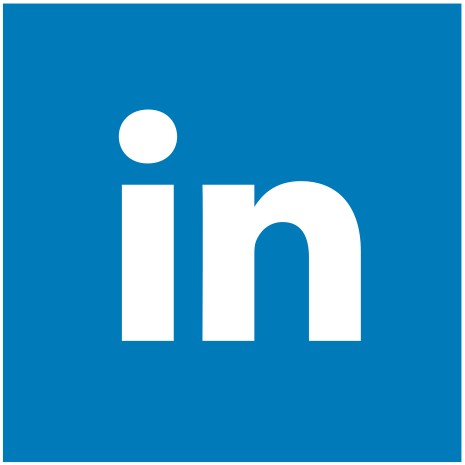To Do Truly Great Work
By Stefan Auvache

Most people never do truly great work because they never give their full attention to anything.
We skim. We jump between tasks. We keep a dozen tabs open and call it “multitasking,” but deep down we know better. The brain isn’t built for constant context switching—it’s built to lock in, to go deep, and to do hard things one at a time.
Cal Newport calls this deep work:
“Deep work is the ability to focus without distraction on a cognitively demanding task. It’s a skill that allows you to quickly master complicated information and produce better results in less time.”
This isn’t productivity theater. It’s not “inbox zero” or time-blocked calendars. It’s depth. Real, focused effort aimed at something that actually matters.
It’s also hard. It takes practice to shut out noise and sit with a single task long enough to push through the slow, quiet parts—where real breakthroughs tend to happen. But this kind of effort pays off. It separates the people who just stay busy from the ones who build things that last.
Focusing on one thing at a time isn’t trendy. It doesn’t generate dopamine the way jumping between tasks does. But it works. It’s how meaningful work gets done.
By embracing the discipline of deep work—undistracted focus on one cognitively demanding task—we unlock a level of clarity, performance, and personal momentum that scattered effort will never touch. We can do truly great work.
Do you give your full attention to the task at hand?
One Email, One Idea, Every Week
Join Food for Thought—a weekly email about the iterative approach to building a fulfilling life.
Articles

AI Strategies to Safeguard Personal Development
AI can make you far more productive, but it can also cause valuable skills to atrophy. By focusing on understanding, reinvesting time saved into deeper work, and collaborating with AI intelligently, you can improve skills while taking full advantage of AI's power.

Measure What Is in Your Control
Stephen King has written dozens of bestsellers, sold over 350 million books, and built a net worth north of $500 million. While impressive, these are metrics he pays little attention to. As an author, there is only one metric that King pays attention to—words written per day.

The Ninety-Ninety Rule and Overcoming Unplanned Work
Every project takes longer than expected. Unplanned work derails progress, but it doesn't have to. Gain visibility, double your timelines, and triage like a pro to stay productive and in control.

Agile Development: A Pattern for Improvement
Stripped of business and coding jargon, Agile Development is an incredible framework for self-improvement. Make a plan to get a little closer to where you want to be. Act on that plan. Measure the outcome of your actions. Then, use what you have learned to adjust your vision for the future and plan your next move.



